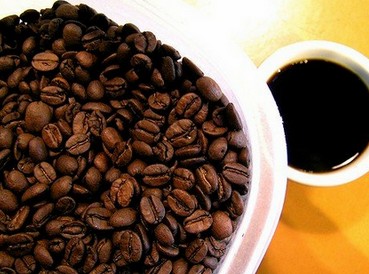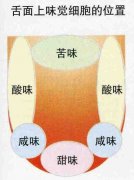Introduction to boutique coffee basic knowledge of Brazilian coffee

Brazilian coffee generally refers to coffee produced in Brazil. There is a wide variety of Brazilian coffee, the vast majority of which are unwashed and sun-dried, classified according to the name of the state of origin and the port of transport. Brazil has 21 states and 17 states produce coffee, but four of them produce the largest, accounting for 98% of the country's total output. The taste of Brazilian coffee has a low sour taste, with the sweet and bitter taste of coffee, the entrance is very smooth, but also with a hint of grass aroma, slightly bitter in the fragrance, smooth and smooth, with a pleasant aftertaste.
Brazilian coffee "Brazils" to distinguish it from "Milds" coffee. The vast majority of Brazilian coffee is unwashed and sun-dried and is classified according to the name of the state of origin and port of transport. Brazil has 21 states, 17 of which produce coffee, but four of them produce the largest, accounting for 98 per cent of Brazil's total output: Parana, SaoPaulo, MinasGerais and EspiritoSanto, with the southern state producing the most, accounting for 50 per cent of total production.
Low acidity, moderately roasted coffee beans from the World Coffee Center.
Brazil is vividly compared to the "giant" and "monarch" of the coffee world. There are about 3.97 billion coffee trees there, and small farmers now grow 75% of Brazil's total coffee production. The number of coffee producers in Brazil is twice or even three times that of Colombia, the second largest coffee producer in the world.
Unlike in the past, Brazil's economy is now less dependent on coffee, which accounts for only 8% to 10% of GDP. Before World War II, Brazil accounted for 50% or more of the world's coffee production, and now it is close to 30%. But the country's impact on the world's coffee, especially on coffee prices, is significant. For example, two frost disasters in 1994 caused a sharp rise in global coffee prices.
Important Notice :
前街咖啡 FrontStreet Coffee has moved to new addredd:
FrontStreet Coffee Address: 315,Donghua East Road,GuangZhou
Tel:020 38364473
- Prev

Fine coffee common sense Your coffee acid is not sour
Among my Chinese coffee friends, they sometimes ask if your coffee is sour. Or I don't like sour coffee, etc. At first I was full of doubts and felt very strange, but later I gradually understood that the so-called acid is not that acid. haha, it turns out that Acidity is often used in our coffee tasting terms. Chinese translation is acidity, which is often misunderstood as acidity in acid value or thinking of lemon
- Next

Coffee basic knowledge Coffee Road in Turkey
Coffee in the ancient Middle East, like the legendary myth of the 1001 night, is a veiled girl with a thousand faces, which can not only help get close to God, but also wash the spring of sadness. When it comes to coffee, we have to mention the Middle East (Turkey) coffee, because whether from the perspective of Islam or Christianity, the origin of coffee is in the remote and mysterious mountains of the Middle East. After the thirteenth to fifteenth centuries,
Related
- Beginners will see the "Coffee pull flower" guide!
- What is the difference between ice blog purified milk and ordinary milk coffee?
- Why is the Philippines the largest producer of crops in Liberia?
- For coffee extraction, should the fine powder be retained?
- How does extracted espresso fill pressed powder? How much strength does it take to press the powder?
- How to make jasmine cold extract coffee? Is the jasmine + latte good?
- Will this little toy really make the coffee taste better? How does Lily Drip affect coffee extraction?
- Will the action of slapping the filter cup also affect coffee extraction?
- What's the difference between powder-to-water ratio and powder-to-liquid ratio?
- What is the Ethiopian local species? What does it have to do with Heirloom native species?

